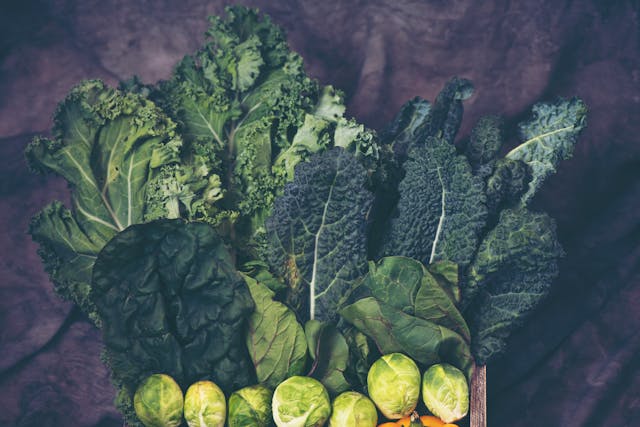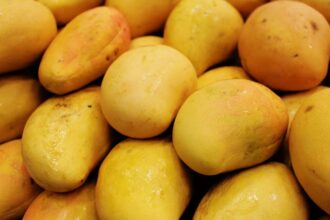Incorporating just a cup and a half of leafy green vegetables into your daily meals could significantly reduce the risk of atherosclerotic vascular diseases (ASVDs), according to compelling new research from Edith Cowan University (ECU), in collaboration with the University of Western Australia and the Danish Cancer Institute.
ASVDs, a subgroup of cardiovascular diseases, are among the leading causes of death worldwide, primarily responsible for heart attacks and strokes. In Australia alone, cardiovascular diseases claim the life of one person every twelve minutes, highlighting the urgent need for preventive strategies. ECU PhD student Montana Dupuy, who led this new research, emphasises the stark toll of these conditions and the promising role that diet may play in addressing them.
The study focuses on Vitamin K1, a nutrient abundant in leafy greens and cruciferous vegetables such as spinach, kale, and broccoli. Ms Dupuy’s findings suggest that higher dietary intake of Vitamin K1 may play a vital role in reducing the risk of ASVD by preventing vascular calcification, an underlying process in the development of cardiovascular disease. “The great news is that these vegetables are easy to include in everyday meals,” she said, noting the accessibility of such dietary changes.
In addition to its potential cardiovascular benefits, Vitamin K1 may also support musculoskeletal health, particularly by contributing to bone strength and overall skeletal resilience. This adds another layer of importance to ensuring adequate intake of this essential vitamin, especially in populations at risk for both heart and bone-related illnesses.
Senior Research Fellow Dr Marc Sim of ECU explained that consuming just a cup and a half of Vitamin K1-rich vegetables daily offers a practical way to enhance one’s nutrient intake. He noted that the study found women who consumed around 30% more Vitamin K1 than currently recommended by the Australian Dietary Guidelines had a lower long-term risk of developing ASVD. “We also observed that participants with higher intakes had less thickening in the carotid arteries—blood vessels in the neck—which is a known marker of atherosclerosis,” he added.
This growing body of research on Vitamin K1’s role in vascular and bone health is now influencing further studies at ECU’s Future Foods and Digital Gastronomy Lab. There, researchers are developing innovative foods rich in leafy greens, explicitly designed for use in clinical trials. The aim is to improve health outcomes, particularly in populations with specialised nutritional needs, such as residents in aged care facilities.
Dr Liezhou Zhong, an ECU Postdoctoral Research Fellow, explained that the team is working to convert epidemiological findings into tangible, real-world applications. “We are consolidating the data and turning it into food solutions that can be readily adopted by the community,” he said. These specially formulated meals are expected to offer both nutritional and therapeutic value, providing a model for food-based interventions in preventive healthcare.
This research reinforces the notion that small, consistent dietary changes can yield substantial health benefits. By simply increasing one’s intake of dark, leafy greens, individuals can significantly reduce their risk of severe vascular conditions. As the evidence continues to mount, the humble spinach leaf and its cruciferous cousins may prove to be powerful allies in the fight against cardiovascular disease.
More information: Montana Dupuy et al, Higher vitamin K1 intakes are associated with lower subclinical atherosclerosis and lower risk for atherosclerotic vascular disease-related outcomes in older women, European Journal of Nutrition. DOI: 10.1007/s00394-025-03686-x
Journal information: European Journal of Nutrition Provided by Edith Cowan University








